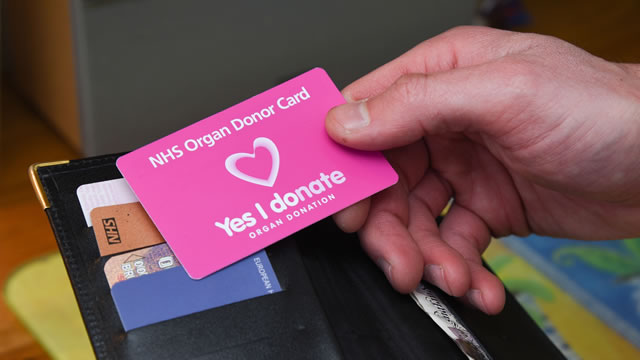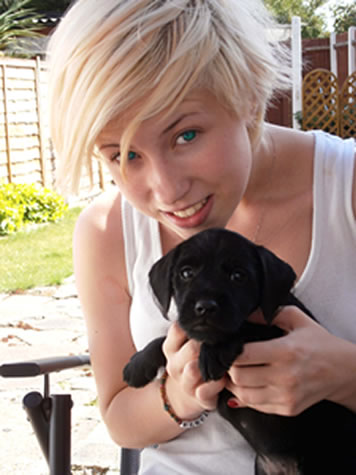Nine Residents Died Waiting For Transplants
Related links
| Nine Residents Died Waiting For Transplants | |||
Figures show shortage of donors with only 48% of borough registered compared to 66% across the UK
Approximately 48% (152,934) of residents in the borough were registered as donors in May 2018 - this is below the London average of 59% and way below the UK average of 66%. East London had the lowest regional consent rate in England. Tragically, despite the fact more and more people are supporting donating their loved one’s organs, there is still an urgent need for more people to support donation. NHS Blood and Transplant is now urging more people in London to tell their families that they want to save lives through organ donation. Last year, 712 people in London had their lives saved by a transplant. If more people agreed to donate, more lives would be saved in London and around the country. Tania Mortimer-Fennell from Ham, Richmond died suddenly from a brain haemorrhage on Mother’s Day 2012 aged just 17. Tania’s family had talked openly about organ donation as mum Caroline, Senior HR Manager, explains; ‘Tania knew there would be a high chance that she may need a heart transplant after she was born with congenital heart defects meaning that her arteries were reversed, and her heart was on the opposite side of the body. She felt that as she would be happy to receive an organ transplant, she was also happy to donate. Be an organ donor was written on her bucket list’. Although the number of donors is increasing, and the waiting lists are reducing, right now there are around 6,000 people waiting for a lifesaving organ transplant across the UK. During Organ Donation Week, the NHS is urging families to talk about donation with the message – ‘Words Save Lives’. Councils and organisations around the country are lighting prominent buildings pink, which is the colour of the modern donor card, in support of the country’s organ donation campaign. Landmarks taking part include London’s iconic One Canada Square in Canary Wharf, which will have a pink band on its roof lit from September 4 to 7. Rachel Rowson, Specialist Nurse in Organ Donation Team Manager covering London hospitals for NHS Blood and Transplant, said: “It’s tragic that so many people from London have died waiting for a transplant – what is shocking is that many of those lives could have been saved, had more families agreed to donate organs. People are dying every day because some families are not talking about donation. We need more families in London to say yes to organ donation, so that more lives can be saved.” She added: “We all know that organ donation legislation will change to a deemed consent system in England and Scotland in future years but the harsh fact is people are dying right now waiting for an organ and it will still be important for people to know your decision. We don’t want people to die because of a fatal complacency that because you know you want to be an organ donor you presume your loved ones know it too. Rachel Rowson finished: “Please, let your family know your decision and ask them if they want to be donors. Don’t leave your family guessing what you would have wanted to happen. We know that many families feel enormous pride and comfort at knowing that their relative went on to save lives through the gift of organ donation.”
|
|||

